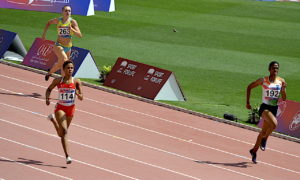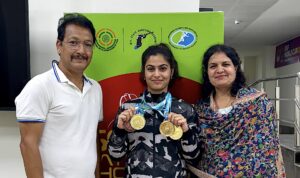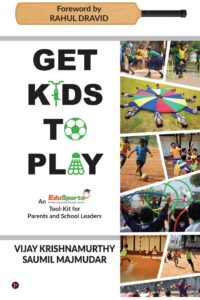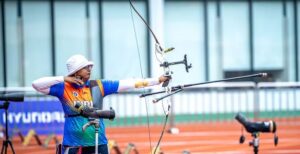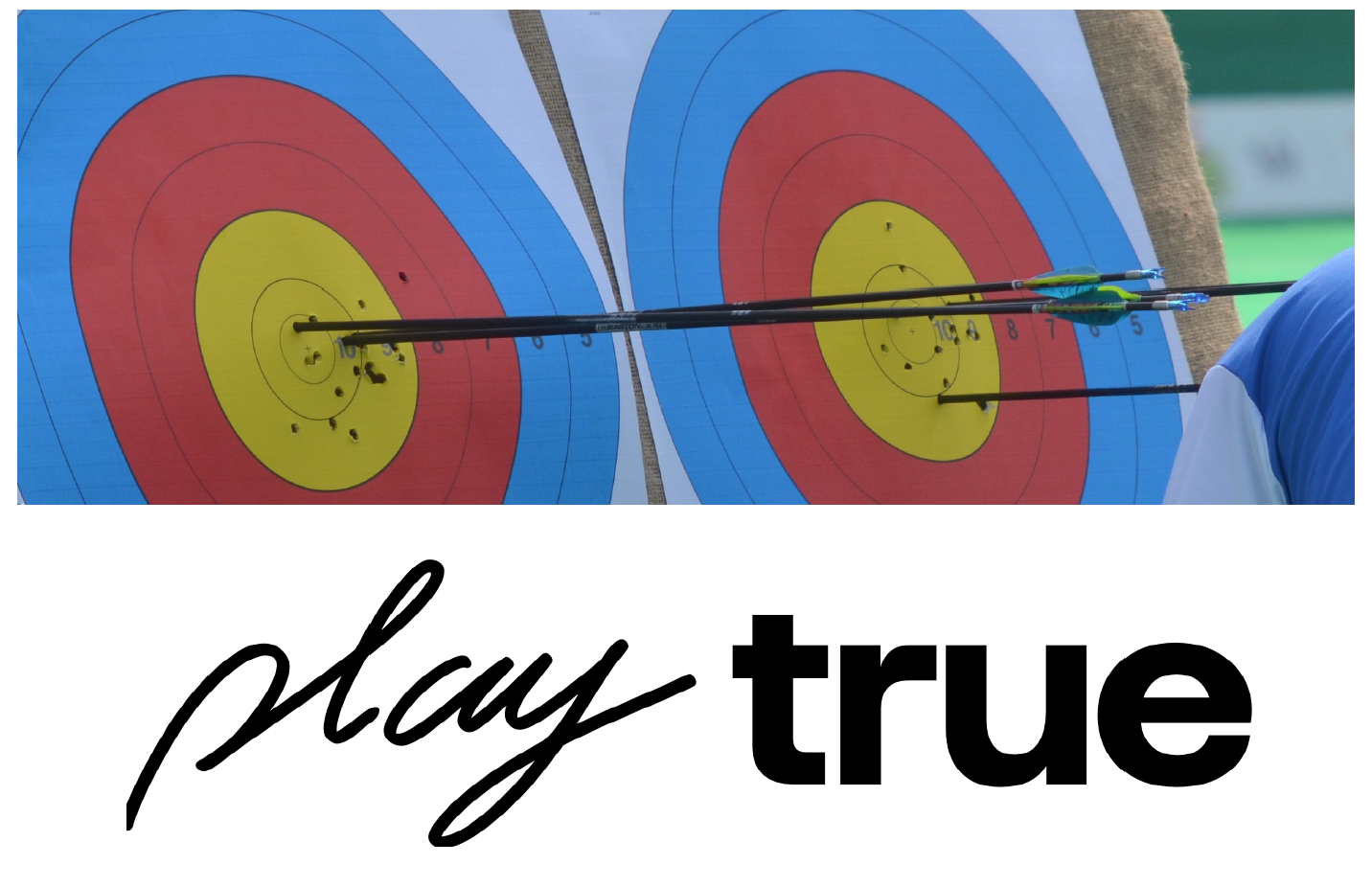
It is more than merely interesting to read the recent National Anti-Doping Disciplinary Panel’s order sanctioning 20-year-old middle- and long-distance runner Pallavi Chandrakant Jagdale a four-year ineligibility period after her urine sample, collected out of competition in Nashik in May 11 last year, tested positive for banned substance, Darbepoetin (dEPO)
Pallavi testified before the Anti-Doping Disciplinary Panel that when she felt lethargic, she approached a supplement supplier Rajesh who administered her an injection on the pretext that it relaxed the body and was dope-free. Just 19 years of age at the time of sample collection, she had been tested three years earlier and would have known the consequences of testing positive.
A certain Komal filed an affidavit before the Anti-Doping Disciplinary Panel that Rajesh was a regular at the training centre in Bhonsala Military School in Nashik and sold supplements, glucose and administer injections to athletes. She said she was present when Pallavi was administered the injection by Rajesh.
There is a good possibility that the Komal referred to is Pallavi Jagdalde’s sister. One of India’s top Steeplechasers now, Komal should have known better than to be a mute witness when her sister was being injected some medicine by a supplement supplier rather than a registered medical practitioner.
Pallavi is not the only athlete sanctioned in the recent months to not consult a doctor. The number of cases where unqualified persons – quacks, if you wish – who have indulged in this and caused the athletes grief with positive dope tests is growing and is a real cause for worry in India’s battle against doping.
Sample these:
Long Jumper B Aishwarya told the Anti-Doping Disciplinary Panel that she discussed her fear of a shoulder injury resurfacing during weight-training with an athlete named Jagdish. According to the ADDP order, Jagdish suggested her to take Ostarine tablet claiming it was completely safe and would help her rid of her pain and muscle healing. She did not consult a doctor.
Middle-distance runner Amandeep Singh Punia, now 23, told the Anti-Doping Disciplinary Panel that he took the Darbapoetin Alpha Injection (it is a generic name and not a brand name) on the advice of his supervisor Ashish Chaudhary. He did not consult a doctor.
Earlier this year, Javelin thrower Shivpal Singh told the Anti-Doping Appeal Panel that he took supplements – without batch numbers and bill of purchase in his name – on the directions of his coach Mintu Ahlawat and that he would have faced repercussions as a personnel of the Armed Forces if he had not obeyed his coach. He did not consult a doctor.
Why, even Young Kirti Bhoite had revealed that she had been administered an injection with a banned substance by her now discredited coach Mickey Menezes. She tested positive and lost the medals won in the Khelo India Youth Games in Guwahati in 2020. She did not consult a doctor.
And this is only a list of some cases whose orders are available. With 224 Adverse Analytical Findings out of 7494 tests in three years from 2020 — nearly 3 per cent of the total samples collected – there is a good possibility that quite a few of these positives are the result of such misadventures.
It will not be wrong to infer that athletes allow themselves to be administered injections or given supplements or consume medication that could be dubious. The athletes are either blissfully unaware that they must not let anyone who does not have a license to administer any injections and recommend supplements or medication.
Does this mean that the Anti-Doping education undertaken by the National Anti-Doping Agency (NADA) is inadequate? Does this also mean that its helpline service has failed? Perhaps not. However, NADA may want to tweak its communication to athletes at its workshops to drill home this message that athletes must not let non-medical personnel administer them medication.
It is more likely that the athletes believed they fly so far below the radar that they would not be tested, let alone test positive. Yet, there is no guarantee that every doctor in the country is aware of the World Anti-Doping Agency list of prohibited substances. There have been instances of athletes coming up with doctors’ prescriptions to explain presence of a banned substance.
Hopefully, Pallavi Jagdale and Amandeep Singh Punia will now prefer police complaints to initiate action respectively against the supplement supplier Rajesh and the supervisor Ashish Chaudhary. It is the least they can do to try and drive such nefarious elements away from sport so that it remains the purest it can.
More importantly, however, the glut of cases where athletes have chosen not to consult doctors before taking medication – and worse, allowed non-medical practitioners to inject them with banned substances – will open the eyes of other athletes and make them aware that they would have to seek professional advice before medication.
This piece first appeared on RevSportz here

